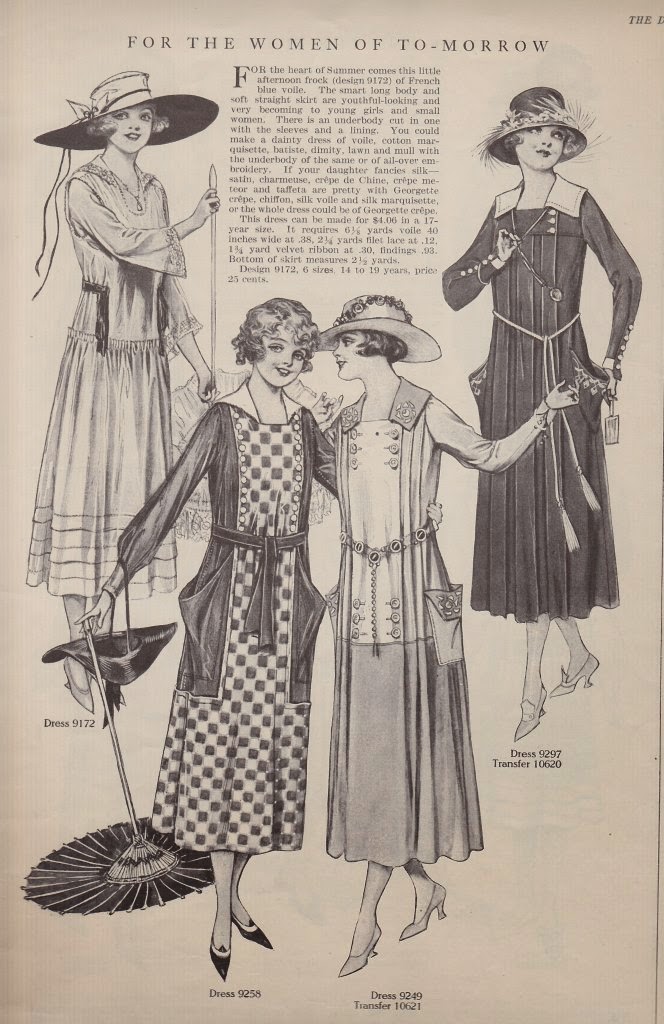 As we discussed here in Part 1, Queen Victoria decided to employ some Indian servants in her household, and Mohammed Buksh and Mohammed Abdul Karim duly joined the Royal Household in Windsor in June 1887, their first duty being to serve Her Majesty’s breakfast. The Queen enjoyed their presence, and noted in her diary in early August that she had learned a few words of Hindustani in order to converse with them in their own language. By the end of that month, she had asked Karim to give her lessons in Urdu, the variety of Hindustani used by Muslims, and had arranged for extra tutoring for him in English to facilitate their communication. She had taken a definite liking to him above and beyond his being a window into an exotic world she knew little about; she liked this cheerful, good-looking young man (he was twenty-four at the time he came to England), who though not particularly well-educated and certainly unsophisticated, seems to have been genuinely fond of his mistress. The Queen returned his fondness, signing herself “your affectionate mother” in notes to him and giving him permission to bring his young wife and mother-in-law to England, whom she visited frequently.
As we discussed here in Part 1, Queen Victoria decided to employ some Indian servants in her household, and Mohammed Buksh and Mohammed Abdul Karim duly joined the Royal Household in Windsor in June 1887, their first duty being to serve Her Majesty’s breakfast. The Queen enjoyed their presence, and noted in her diary in early August that she had learned a few words of Hindustani in order to converse with them in their own language. By the end of that month, she had asked Karim to give her lessons in Urdu, the variety of Hindustani used by Muslims, and had arranged for extra tutoring for him in English to facilitate their communication. She had taken a definite liking to him above and beyond his being a window into an exotic world she knew little about; she liked this cheerful, good-looking young man (he was twenty-four at the time he came to England), who though not particularly well-educated and certainly unsophisticated, seems to have been genuinely fond of his mistress. The Queen returned his fondness, signing herself “your affectionate mother” in notes to him and giving him permission to bring his young wife and mother-in-law to England, whom she visited frequently.When Karim told her that waiting at table was beneath his social station because he had been a clerk in India, the Queen named him her “Munshi”, or teacher. Gradually, he took on more secretarial duties for her...and this was where he ran into trouble.
 While the Queen herself was amazingly free of racial prejudice, her Household was not. The Queen’s Household was its own little world; the people who served in the various secretarial and “waiting” positions were often the children and grandchildren of people who had served the Queen in the past, and outsiders found it difficult to be accepted into what had almost become a hereditary “caste.” When those outsiders had skin of a different color and spoke accented English... Resentment quickly arose when the Queen made it clear that she expected the rest of the Household to accept Karim as one of themselves.
While the Queen herself was amazingly free of racial prejudice, her Household was not. The Queen’s Household was its own little world; the people who served in the various secretarial and “waiting” positions were often the children and grandchildren of people who had served the Queen in the past, and outsiders found it difficult to be accepted into what had almost become a hereditary “caste.” When those outsiders had skin of a different color and spoke accented English... Resentment quickly arose when the Queen made it clear that she expected the rest of the Household to accept Karim as one of themselves.It is difficult now to know whether complaints of high-handed and arrogant behavior on his part are true, or simply the outrage of those of the Queen’s Household who could not imagine treating an Indian native as an equal; he left no memoirs, while they left several. Add in the different cultural expectations for behavior, and it made for a tense atmosphere, especially after Karim was given John Brown’s old room at Balmoral—a sign of the Queen’s definite favor. Accusations that Karim was leaking state secrets to Muslim agitators and others, though they persisted for years, were never proven; there is no evidence he engaged in any political behavior of the sort. Karim was also excoriated for asking the Queen for a grant of land in India for his family (which he received after a great deal of hemming and hawing from the Viceroy), and for asking to be made a nawab (peer). He was instead made a Commander of the Order of the Indian Empire and the Royal Victorian Order, honors which acknowledged his personal importance to the Queen but lacked political overtones.
Perhaps the most telling detail of the relationship between the Queen and her Munshi came after her death in 1901. The new King Edward dismissed Karim and arranged to send him and his family back to India after the Queen’s funeral, but first he was commanded to hand over all his correspondence with his late mistress...which he did, without complaint, even handing over signed photographs the Queen had given him. He lived quietly at his home outside Agra until his death in 1909.
















